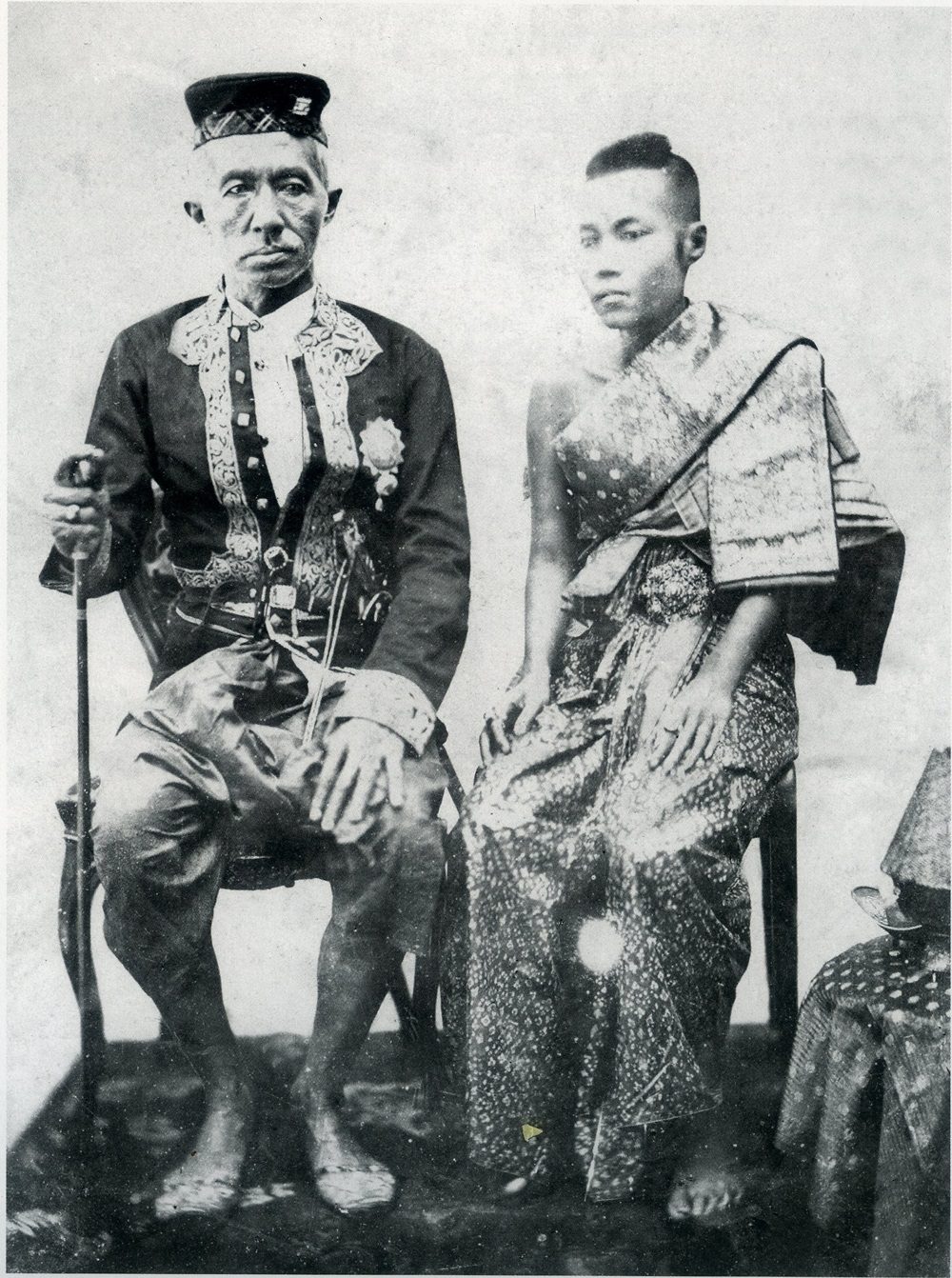The activity showing that King Rama IV was an expert in astronomy
The solar eclipse at Wakor (courtesy of Wiki)
During his monkhood, King Rama IV (Mongkut) studied both indigenous astrology and English texts on Western astronomy and mathematics, hence developing his skills in astronomical measurement. One way that he honed his mastery of astronomy, aside from the accurate prediction of the solar eclipse of August 18, 1868 (Wakor solar eclipse), was changing the official Buddhist calendar, "which was seriously miscalculated and the times for auspicious moments were incorrect."
In 1868, he invited high-ranking European and Siamese officials to accompany him to Wakor village in Prachub Kirikan province, south of Hua Hin, where the solar eclipse that was to occur on 18 August could be best viewed as a total eclipse. Sir Harry Ord, the British Governor of Straits settlement from Singapore, was among those who were invited. King Mongkut predicted the solar eclipse, at (in his own words) "East Greenwich longitude 99 degrees 42' and latitude North 11 degrees 39'."
King Mongkut's calculations proved accurate. When he made calculations on the Wakor solar eclipse that was to occur, he used the Thai system of measuring time ("mong" and "baht"), but he implemented the Western method of longitude and latitude when he determined where on Earth the eclipse would best be viewed. Upon returning from his journey to Wakor, he condemned the court astrologers "for their...stupid statements because of their negligence of his detailed prediction and their inattention to measurement and calculation by modern instruments."
During the expedition, King Mongkut and Prince Chulalongkorn (later King Rama V) were infected with malaria. The king died six weeks later in the capital, and was succeeded by his son, who survived malaria.
It has been argued that the assimilation of Western geography and astronomy into 19th-century Siam "proved that Siam equaled the West in terms of knowledge, and therefore the imperialists claim that Siam was uncivilized and had to be colonized was unreasonable." This suggests that the Western form of these sciences may have saved Siam from actually being colonized by Western powers.
Note: The asteroid 151834 Mongkut is named in honor of the King and his contributions to astronomy and the modernization of Siam.
King Mongkut and party viewing a solar eclipse, the king seated center in the middle of the pavilion

Results 1 to 25 of 1906
Thread: Memory Lane (In my own language)
Hybrid View
-
22-06-2020, 09:29 AM #1
Last edited by nathanielnong; 22-06-2020 at 09:49 AM.
Thread Information
Users Browsing this Thread
There are currently 2 users browsing this thread. (0 members and 2 guests)












 Reply With Quote
Reply With Quote